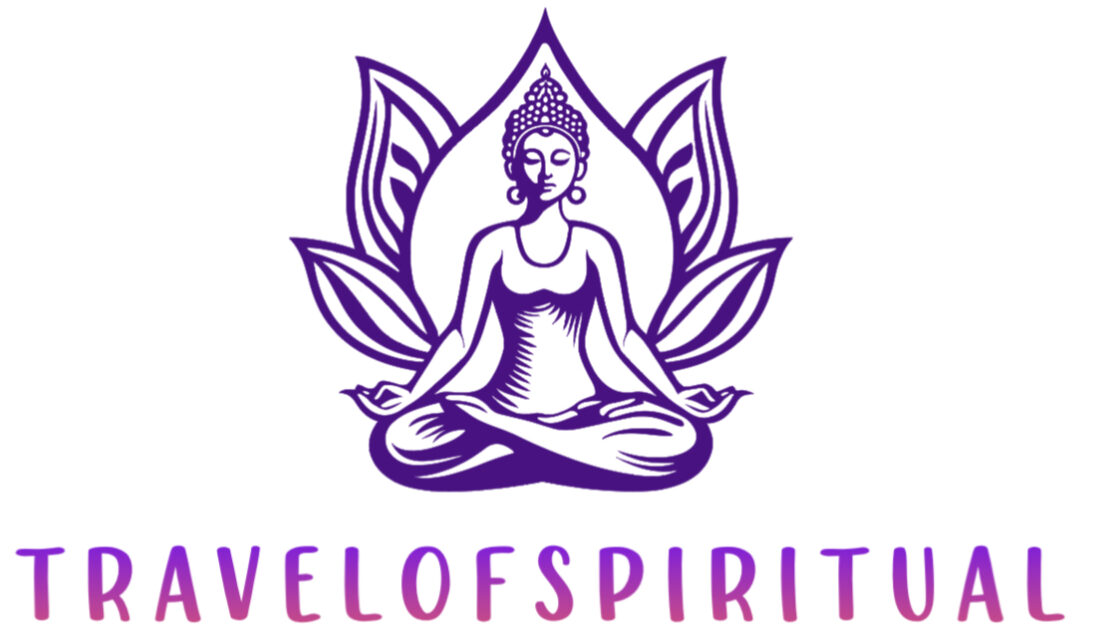Meditation is a practice where an individual uses techniques like focusing their mind, observing their thoughts, or simply being present in the moment to achieve a state of mental clarity, emotional calm, and inner peace. It has been practiced for thousands of years and is an essential part of many spiritual traditions, but it is also widely embraced as a secular practice for mental and physical well-being.
Key Aspects of Meditation:
1. Focus and Awareness:
• Meditation often involves concentrating on a specific object, thought, or activity, such as breathing, a mantra, or sensations in the body.
• It can also include mindfulness, where you observe your thoughts and feelings without judgment.
2. Benefits:
• Mental: Reduces stress, improves focus, and enhances emotional resilience.
• Physical: Lowers blood pressure, reduces symptoms of anxiety, and promotes better sleep.
• Spiritual: Fosters a deeper sense of connection, awareness, and purpose.
3. Types of Meditation:
• Mindfulness Meditation: Focuses on being present and observing thoughts and sensations without judgment.
• Transcendental Meditation (TM): Involves silently repeating a mantra to settle the mind.
• Loving-Kindness Meditation: Focuses on cultivating compassion and goodwill for yourself and others
• Chakra Meditation: Aims to balance energy centers (chakras) within the body.
• Guided Meditation: Led by an instructor or recording, providing imagery or instructions to follow.
4. How to Practice:
• Find a quiet space.
• Sit or lie comfortably.
• Focus on your breath, a mantra, or your surroundings.
• Let thoughts come and go without getting attached to them.
Meditation is highly personal, and there’s no “right” way to do it. It’s about finding a method that resonates with you and practicing regularly.



